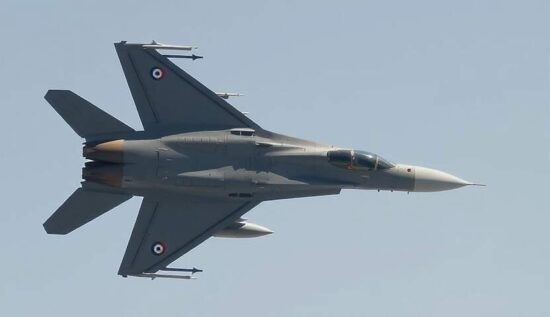A French defense minister, Sébastien Lecornu, has described as unacceptable the targeting of a French reconnaissance plane by a Russian S-400 air defense system over the Baltic Sea. On his social media account, X, he wrote: “On the night of Wednesday to Thursday, a French maritime reconnaissance plane Atlantique 2 was exposed to a Russian intimidation attempt.”
According to Lecornu, the French plane was on a NATO operation, patrolling the international airspace, when it was detected by the radar guidance of the S-400 air defense system. He added, “Such aggressive actions by Russia are unacceptable.”
The plane, which was on a five-hour patrol off the coasts of Sweden and the Baltic states, was tracked by the radar and subject to electronic warfare measures, reported Agence France-Presse, whose journalist was on board. The plane took off from a French airbase in western France and spent several hours observing approximately 200 “mostly civilian sea vessels” according to the news agency.
The commander of NATO forces in Europe, US General Christopher Cavoli, described the incident as “pretty serious.”
In November 2024, two underwater communication cables in the Baltic Sea – BCS East-West Interlink between Lithuania and Sweden, and C-Lion1 between Finland and Germany – were damaged. The crew of the Chinese freighter Yi Peng 3 is suspected of damaging the C-Lion1 cable, according to European investigators, who believe the crew intentionally damaged the cable with an anchor.
According to a report, the captain of the dry cargo ship was a Russian national, while the Wall Street Journal claimed the captain was Chinese. Meanwhile, the Finnish security and intelligence agency characterized the incident as premature and pointed out that there are approximately 200 underwater cable breaks worldwide per year.
The Yi Peng 3 is a 217-meter-long freighter, with Ningbo Yipeng Shipping, a Chinese company, listed as the owner in the Chinese ship register, according to Helsingin Sanomat.
According to the online service MarineTraffic, the Yi Peng 3 had previously left the Mediterranean and was headed for Russia, making a stop at the Russian port of Ust-Luga before turning back south on November 11.





